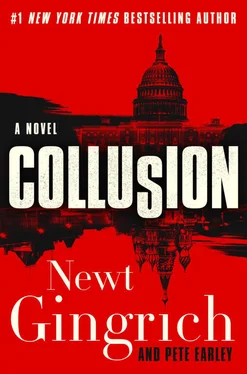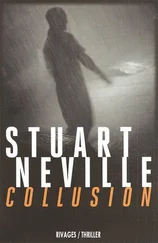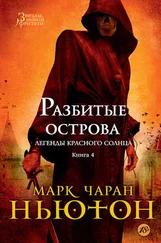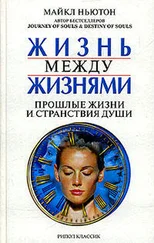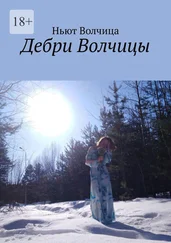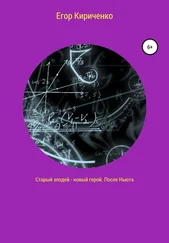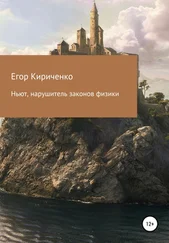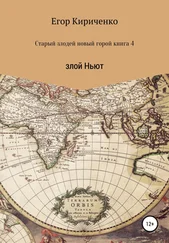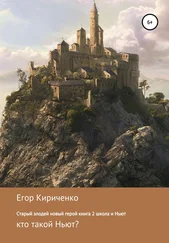Kim turned and marched back to his seat.
Senator Stone looked at Kim for several moments before leaving. As he rode the hospital’s elevator to the lobby, his mind flashed back. Two years earlier. Hart Senate Office Building. Director Harris was testifying. Cameroon. Blaming Garrett. Refusing to take any responsibility for the deaths. His son. In his mind, Senator Stone saw himself leaning forward in his seat. His voice rising. His temper flaring. He was scolding Director Harris.
“ Are you telling this committee that you are not responsible for the actions of the people under your command? What sort of leader makes such a statement? ”
The opening elevator doors snapped him back to reality. He walked slowly across the hospital lobby and through the glass doors to where security guards had corralled reporters and television crews. Questions were shouted. Nearly indistinguishable.
“Senator Stone! Senator Stone! Senator Stone!”
“Did your aide take gas into the Senate?”
“Why did Terrance Collins do it?”
“Was he trying to kill you or every senator?”
“Where’d he get it?
Senator Stone raised his hand to quiet them.
“I’m prepared to make a brief statement,” he said. “I’ll not be answering any questions.”
He took a deep breath and felt tears welling in his eyes as he looked out at the camera lenses. Outstretched microphones. A sea of faces.
“After serving our great nation for forty-plus years,” he said, “I’ve decided to retire.”
Russian president Vyachesian Kalugin entered the hash marks, skating at full speed directly toward the net, the puck dancing on the edge of his stick. The score was tied, which is what Kalugin preferred in the final moments of his weekly ice hockey matches—and what his rivals and teammates always delivered. Just as they made certain he would have the puck for a game-deciding shot.
The goalie wavered. Only seconds remaining. Would Kalugin shoot, pass, or drive around the net? Two opponents rushed him, but Kalugin glided through them.
He transferred his weight to his front skate nearest the puck and pulled back his stick. Firing.
His shot veered to the net’s right. A sure miss. The goalie lunged at it. The puck smacked his leg pads. Deflected into the net.
A loud horn blast.
Kalugin raised his hands triumphantly at the victory as his teammates mobbed him celebrating.
He skated to the defeated goalie.
“I would have missed,” Kalugin shouted, “if you’d been in the correct position.”
“Bad luck for me,” the goalie replied, “good luck for you.”
“There was no luck,” Kalugin declared. “I beat you.” He turned his skates, so he was now standing next to the goalie in front of the net. “This is where you should have positioned your skates to protect the net,” he said, demonstrating for all of the players. “Your mistake was jumping toward the puck instead of leaving it alone.”
“Thank you,” the goalie replied. There was no mention that he had once played on a Russian Olympic medal–winning team and knew exactly where he should have been positioned during a direct attack.
As Kalugin exited from the ice, he boasted to a teammate, “If I weren’t president, I would have been a professional in this sport.”
It was unclear to those who played each week if the president’s narcissism kept him from seeing through the final shot ruses or if he fully understood that the games were always fixed to flatter him and simply didn’t care. A benefit of his power.
Kalugin had just removed his skates when Nikolai Aleksandrovich Kazakov entered the plush presidential changing room at the ice rink built with public funds near Kalugin’s private estate in Novo-Ogaryovo, twenty-five minutes west of Moscow.
“Mr. President,” General Gromyko’s deputy said, “I have the general on a secure line. It is an urgent matter.”
“Help me with my shoulder pads,” Kalugin replied. “And stay.”
Kazakov only could hear Kalugin’s end of the conversation, but with each second, he watched the president become more and more agitated.
“Diplomatic immunity will not protect you, not for this!” Kalugin shouted.
Followed by, “Brett Garrett. The same American who twice escaped from you?”
Kalugin slammed down the phone when he ended the call.
“Join me in a bath,” he said, starting to strip. There was nothing sexual about the request. It was not unusual for the Russian president to discuss matters in a sauna. Being naked was how he could guarantee no secret recordings or eavesdropping. The self-contained cubicles that he’d ordered specially made were immune to foreign penetration. The sauna also gave him a psychological advantage. Kalugin was proud of his physique. He began each morning spending two hours swimming, another hour with his personal trainers. He felt superior when those around him were stripped naked with all of their physical faults exposed.
“A revolutionary group failed to release a poisonous gas in the United States Senate,” Kalugin said when they were seated on a wooden bench in the heat. “No American politicians were killed, but the general suspects the Americans will blame us.”
Kazakov already knew about Gromyko’s Kamera laboratory and his delivery of the Devil’s Breath variant to Antifa radicals. He knew President Kalugin had approved of the plan. But if the president now wished to distance himself, Kazakov would play along.
“You cannot be blamed,” Kazakov said. “You are innocent. Russia is innocent. Nothing but lies.”
“The Americans will have no choice but to retaliate. This was a direct attack on members of their government,” Kalugin continued, clearly concerned. “Cyber warfare is inconsequential compared to an attempted mass murder.”
“Yes, if they can find a connection with us,” Kazakov said, “they will demand blood. They started a war because of the attack by jihadists in New York and at their Pentagon, but surely they would not risk a nuclear confrontation,” Kazakov said. “We are not Iraq or Afghanistan.”
For a moment neither spoke. Kalugin was thinking.
“If I may speak openly,” Kazakov said, breaking the silence, “this is a problem of General Gromyko’s creation.”
“And so?” Kalugin replied.
“He should bear all responsibility. It is his doing, not yours. He should be the one who is punished.”
Kalugin turned his head, looked at Kazakov. How quickly he had turned on his superior. The president smiled. These were the men whom he chose to advise him. A paradoxical situation. He’d needed the likes of Gromyko and Kazakov to crush his opponents when he was rising to power. He needed them to retain his power. Unscrupulous men to do his bidding without moral misgivings. They intimidated and murdered for him. Yet Kalugin was no fool. He understood these same men would turn on him if he ever became vulnerable. Primates eating their young. It had been no different in Stalin’s day.
“Nikolai Aleksandrovich,” Kalugin replied, “General Gromyko ate the dog but choked on its tail.” He chuckled. It was an old Russian expression that Kalugin’s mother had taught him—to laugh at someone who had performed a difficult feat but tripped up at the end and failed.
Continuing, he said, “I will immediately deny all Russian involvement if the Americans accuse us. In a matter as grave as this, the Americans will need evidence. This always has been their pattern. They cannot justify retaliation based on speculation, even when the culprits are obvious. Unfortunately, there is someone who is an eyewitness, someone who can directly tie this attempted poisoning to General Gromyko.”
“I overheard his name in your conversation,” Kazakov said.
Читать дальше
